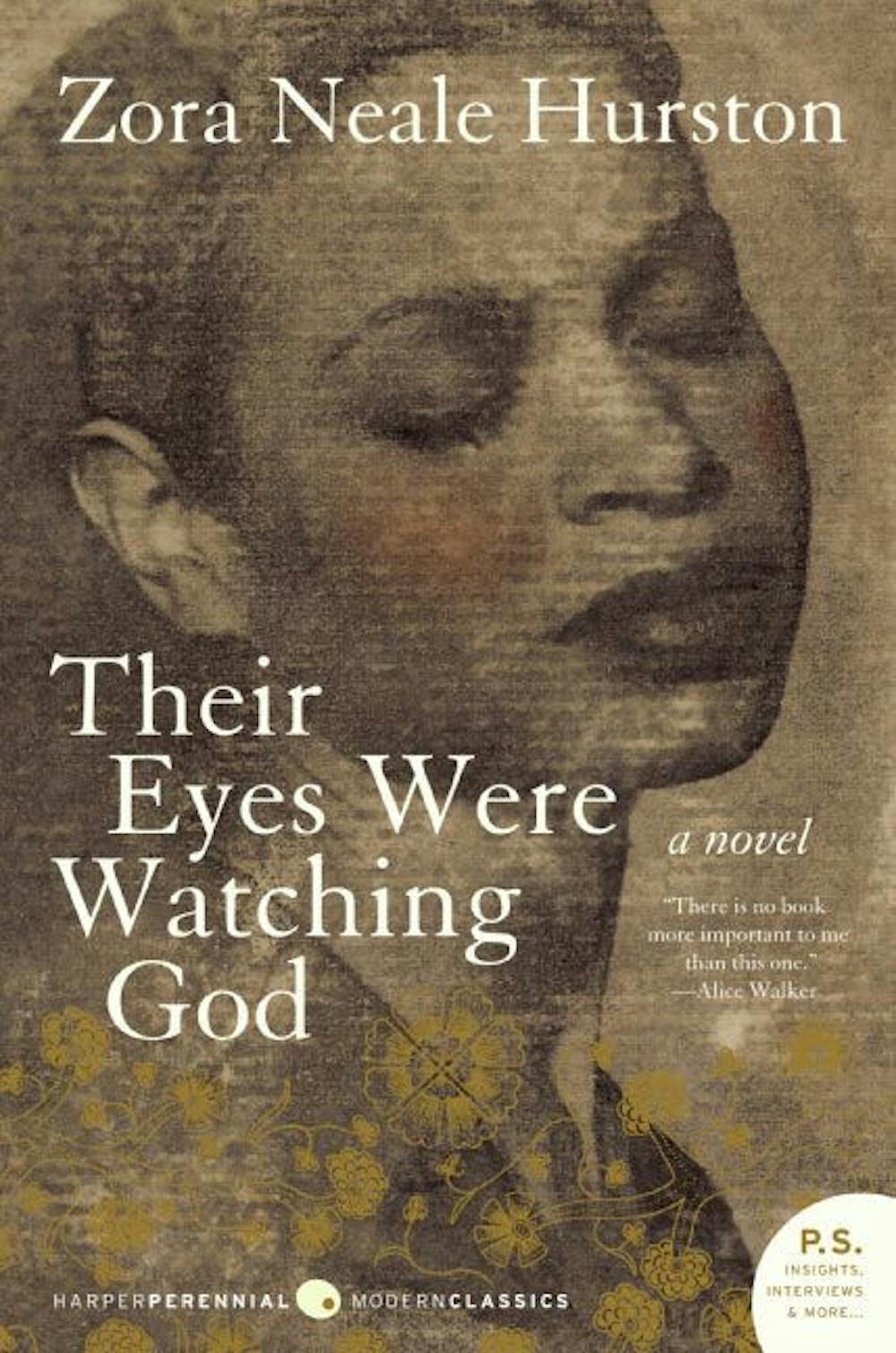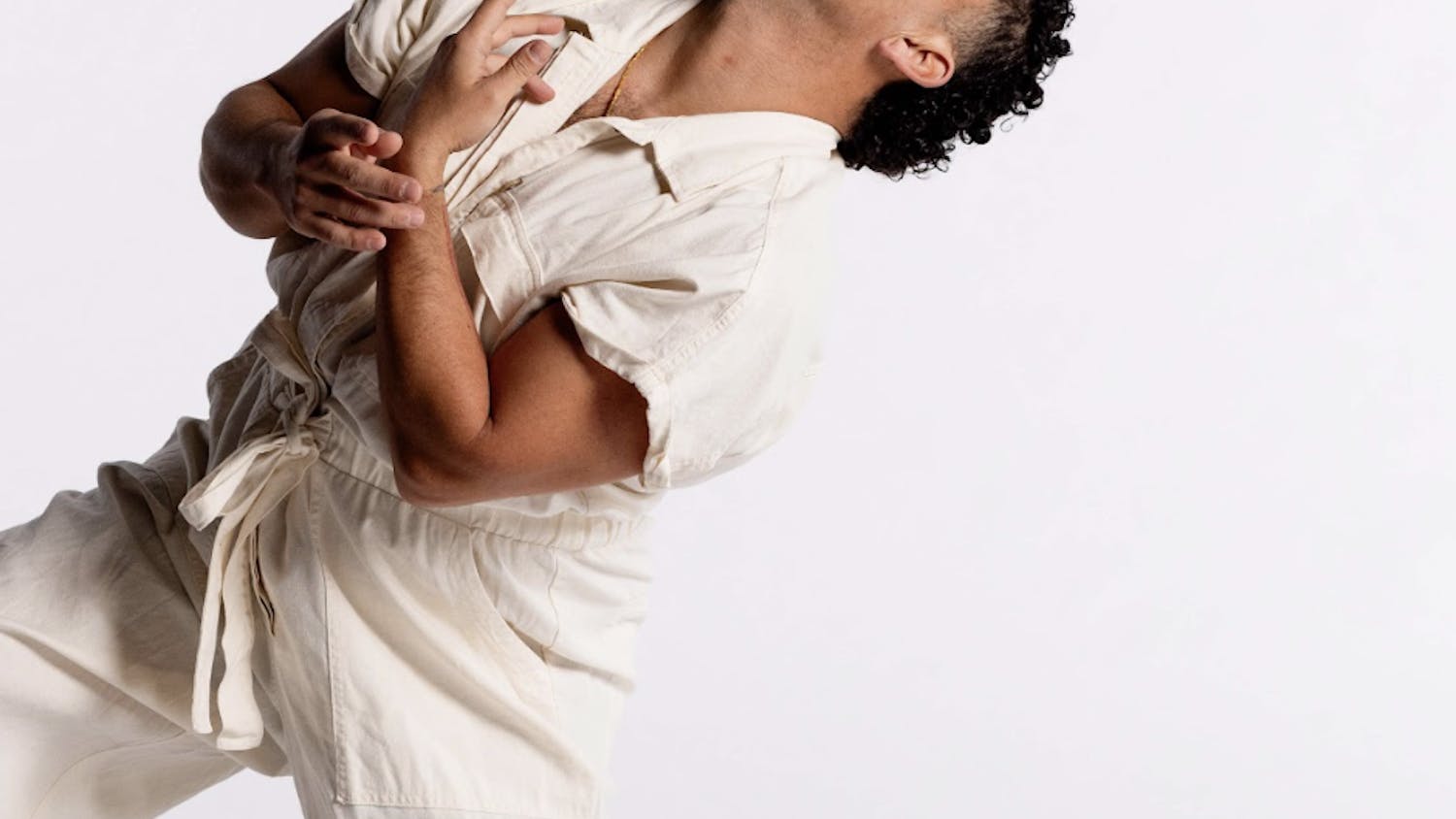Back when I was a senior in undergrad, I enrolled in a class called “Hurston, Hughes and Wright.” We read works by recognized, early 20th century, African American authors: Zora Neale Hurston, Langston Hughes and Richard Wright. Perhaps three works by each. And it was then, at age ~20, that I first read "Their Eyes Were Watching God." It’s Hurston’s best known novel and was adapted into a 2005 screenplay in which Halle Berry played the lead. (Love Halle. Not a great film.) I read it differently then, 15 years ago, as anyone might. With nine works to read on the syllabus, and the full intention of preparing close-reading assignments, I read to complete the work, to be prepared to be quizzed on the work and to study — not to enjoy or savor — patterns, motifs, structure, imagistic language, etc. Now, at 35, I revisited the work and listened to respected actress Ruby Dee (God rest her soul) narrate the text as an audiobook and it was a wonderful ride of rich performance, a pleasure to my ears.
"Their Eyes Were Watching God" is a tale, simply put, of a Southern, Black woman, Janie, who lives out three marriages in the early 20th century. But when is literature ever simple? Complexly put, the novel is about a Black woman navigating her grandmother’s generational expectations, her defiance of stifling, patriarchal expectations and having to separate from someone she loves against her will. The tale then becomes a web of economics, affectionate bonds, race, gender-based oppression, travel, displacement, social hierarchies, competition, loyalty, natural disaster and so much more. It’s about an early 20th century Black woman creating her own path, even when the road is bumpy, dark and indiscernible.
Janie, the protagonist, is raised by her grandmother and when she enters puberty, her grandmother sees her granddaughter’s budding sexuality as a threat to Janie’s stability. Fearing Janie might pair up with a man with an inauspicious future, Janie’s grandmother insists upon marrying her granddaughter off to a man of means, as evidenced by his ownership of land. Spoiler alert: The marriage crumbles. Janie hits the road with another man with big dreams that come to fruition, but Janie becomes more of a trophy than an intimate partner and resentment breeds between the second couple. Spoiler alert #2: When her second husband dies, Janie has the opportunity to live as a 40-something bachelorette, despite the various men circling at her doorstep. It is “tramp”-- a meandering man of no means-- who steals her heart. His most endearing quality is that he places no ideological limits on what she’s capable of: shooting, fishing, working, dancing and playing are all welcome in their union, for both parties and they have many adventures together.
So while the narrative is simple enough to plot, they are the conversations and the questions the book raises that cause a stirring in the reader. “What is marriage?” is the first question asked by Janie’s first union. “What is a wife?” is asked by Janie’s second. And “What is a loving and loyal partnership?” is asked by the third. The book overall asks, “What social obstacles, traditions and myths do we respect and uphold that might prevent a woman from realizing her greatest potential? Who do they serve? And which ought to be abolished?” Their Eyes Were Watching God is a feminist and womanist work I’d recommend to anyone who sees women as trophies, “domestic angels” or “help meets.” To get a better grasp on Hurston’s motivations for featuring Black, Southern culture, language and motifs in her works, it is important to learn more about her life and training as an anthropologist. See the graphic novel Fire!!: The Zora Neale Hurston Story by Peter Bagge for more.
The Librarian is in: "Their Eyes Were Watching God"

Comments



